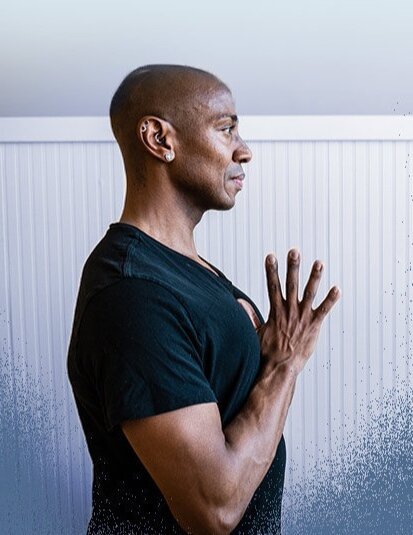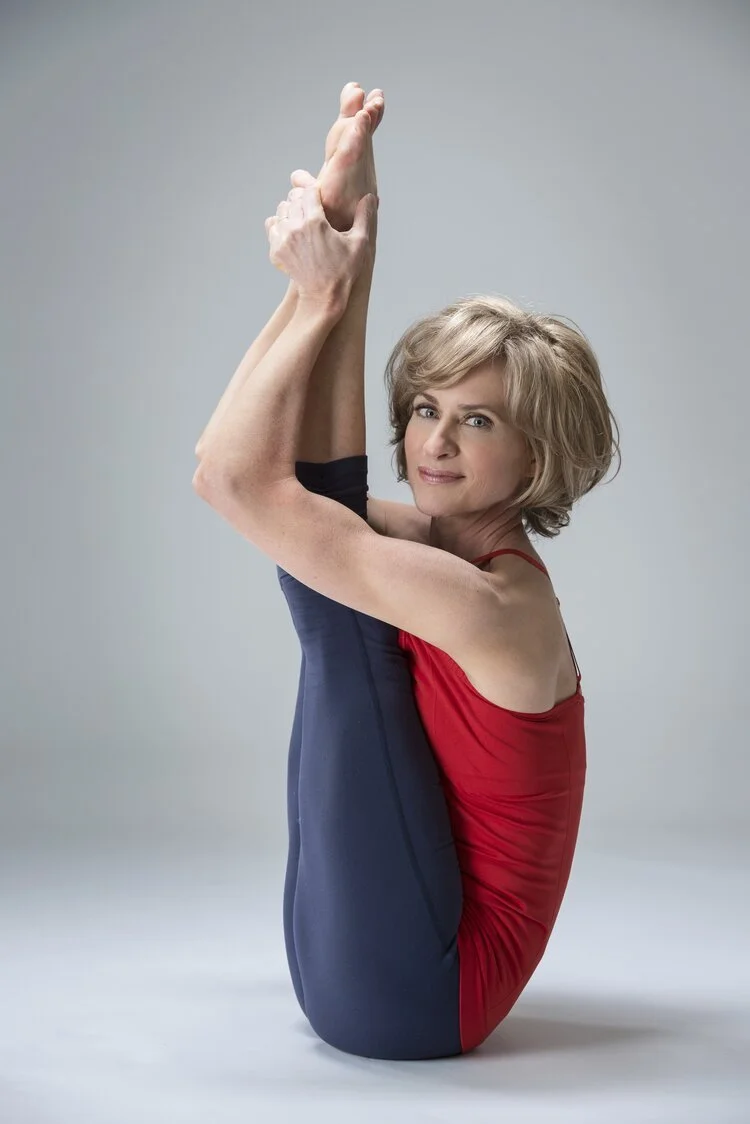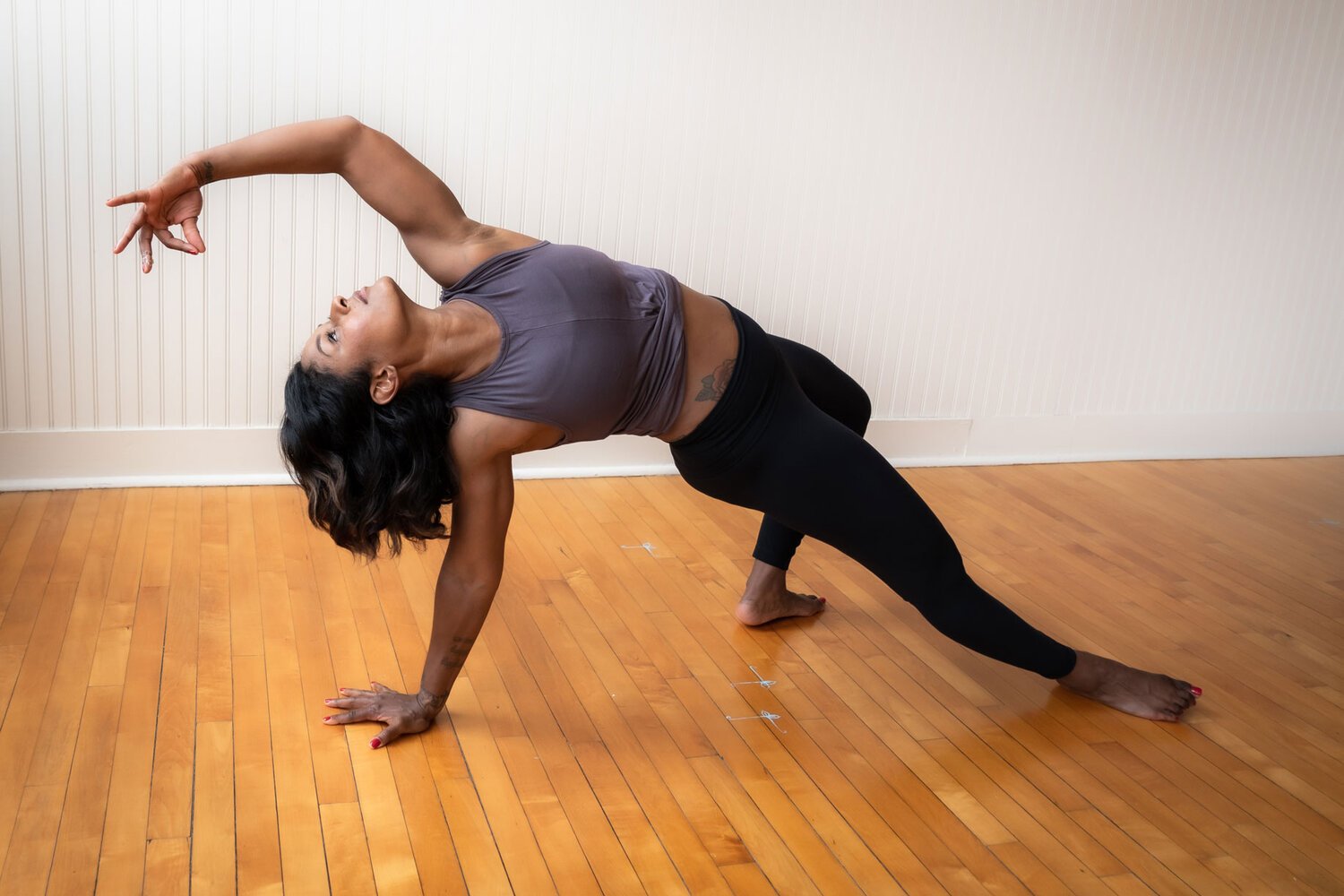Drishti: Resilience
Stephen Gresham, Faculty Director Vinyasa & Restorative Faculty
Across texts, resilience is best understood as an individual or a community’s ability to persevere and capacity to thrive in the face of adversity. Imperatives to this journey include self-referent beliefs, utilization of support networks, engagement in one’s present reality, and deriving meaning. Black/African-Americans are one of many communities that exemplify resilience. While enduring legacies of slavery and social-injustice which permeate many crevices of society, while facing a multitude of visible and invisible obstacles to social and economic success, and while traversing terrains filled with varied aggressions, Black/African-Americans are doctors, lawyers, nurses, educators, politicians, scientists, police officers, health enthusiasts, vaccine creators – contributing to the world tirelessly while advocating for others to see their humanity. True examples of resilience, examples for us all to follow. Yoga is one opportunity wherein we all can tap into and strengthen our connection to resilience. With this practice, we can find community, construct an unparalleled narrative of survivorship, and walk proudly, assuredly, and with our eyes, open fueled by conviction directly towards our destiny!
Natasha Rizopoulos, Vinyasa Senior Teacher, Lead Teacher Trainer
On the concept of resilience. For the last 25 years, asana has been the arena that renders abstract ideas tangible and vivid for me. The longer I practice and teach, the more convinced I am that our time on the mat is a microcosm of our experience in the world at large. This means we can either bring our life habits onto the mat, rinse and repeat and watch them become more and more calcified, or (ideally) use our time on the mat as an opportunity to notice our patterns and (in real-time) work on the ones that no longer serve us. The demands of asana provide a potent vehicle for this process of observation and recalibration. In adult life, many of us try to hide or avoid the things we’re not good at. When faced with the discomfort we often have predictable emotional responses. Perhaps we feel flattened, angry, or self-doubting. It varies from person to person, but the recurring theme is that it’s not pleasant to feel defeated, whether it’s in work, relationships or postures. And this is the power of Yoga as a life-changing practice. It’s not about the pose, it’s about how you react to the pose. When you struggle on the mat, it’s a waste of time and energy to indulge bad-temper, self-pity, or defensiveness (the very things many of us default to when we are under duress or feel we have failed). This is why the more we insist that our asana become a forum for developing a more flexible response to difficulty, the more successful we can be in amplifying this resilience in our daily lives. Without this intentionality, this determination to elevate our time on the mat to something greater than simple movement, asana devolves into rote mechanics. And of course, it’s so much bigger than that. As are we, when we commit to a practice that offers the opportunity to shapeshift in truly meaningful ways. So, fall out of a pose, be the only one who can’t “do” an inversion, feel awkward or embarrassed or stiff or weak. And then do it again.
Ashley Mitchell, Movement Teacher
The greatest thing I can offer the world is to honor my ancestors by acknowledging and building upon the space that was created for me. I feel an overwhelming responsibility to never lose sight of hope, and to continue using my voice to drive change within my community. To me, resilience lies at the intersection of hope and responsibility, and I believe these values grant us access to a path of freedom and equity.
Kate Heffernan, Vinyasa & Restorative Faculty, Teacher Trainer
As practitioners of yoga & asana we must be sustainably minded. Our practice does not & cannot exist in a vacuum. Every time we come to our practice of yoga, it must be in relationship to what is happening around & within us, rather than as a means to spiritually bypass or escape from reality. This practice of yoga is intended to fuel us to be resilient & act in integrity on both an internal & also a societal level. Not one of us will be willing or able to burn the wick from both ends every single day. To be resilient, there will & must be days that we seek the solace of rest & renewal in order to continue, in whatever way we are able, to fight for anti-racism, social justice, & equity. To be resilient enough to move towards both a more aligned practice & a more equitable world.
Jovan Tevin Ashtanga Faculty
As a Gay Black and Hispanic Man, Yoga practitioner, and teacher. I’ve found that being resilient is the foundational strength required to keep showing up and to keep going forward. The refusal to be a victim, and the understanding that suffering is apart of life, and apart of every human existence.
Kate Robinson, Vinyasa & Restorative Faculty, Teacher Trainer
The word itself has good PR. It's gaining in promotable popularity. Which of course makes it suspect. For me it has always been about the willingness and ability to try again. Resilience isn't about staying afloat, or untouched behind closed doors, it's about drowning and fighting your way to oxygen. Resilience is dusting the shit off your shoulders and getting back out there. It's about being betrayed, broken, damaged beyond repair...then however idiotically, standing again to take it on the chin. Resilience can be cultivated in the practice by flexing the muscle of equanimity. Resilience is being at peace with suffering, and binarys in general, and leveraging them into humor, survival, rest. The quality of resilience is the quality of buoyancy. Permission to descend, and a quiet will to keep rising.
Britney Willingham, Movement School Faculty
As a fitness professional, I’ve learned quickly how important it is to be able to pivot and adapt to the changes that life throws at you. When faced with adversity, fear is usually one of the first obstacles to come our way. Resilience is about acknowledging that fear and taking courageous leaps, so not to get trapped in its paralysis or allow fear to immobilize us. While we can’t control everything around us, we can control how we react and move forward.
Kim Povey. Boston Ayurveda School Director
The key to having resilience is remembering that negative experiences do not define you. In letting go of any attachment to an aversion, you realize you are as strong as you are flexible. You are defined through the awareness of your innermost being and through the meaningful connections which fortify you. Tolerance and perseverance are superpowers that allow us to bounce back from hardship of any kind. According to Ayurveda, Bala refers to a body's strength to withstand stress, while virya refers to the potency to stand against injustice. Resilience to this degree is rooted in having the nourished reserves that boost immunity (Ojas) and cultivating lifeforce (prana). The power of illumination (Tejas) elevates you towards having discernable and inevitable resilience.












